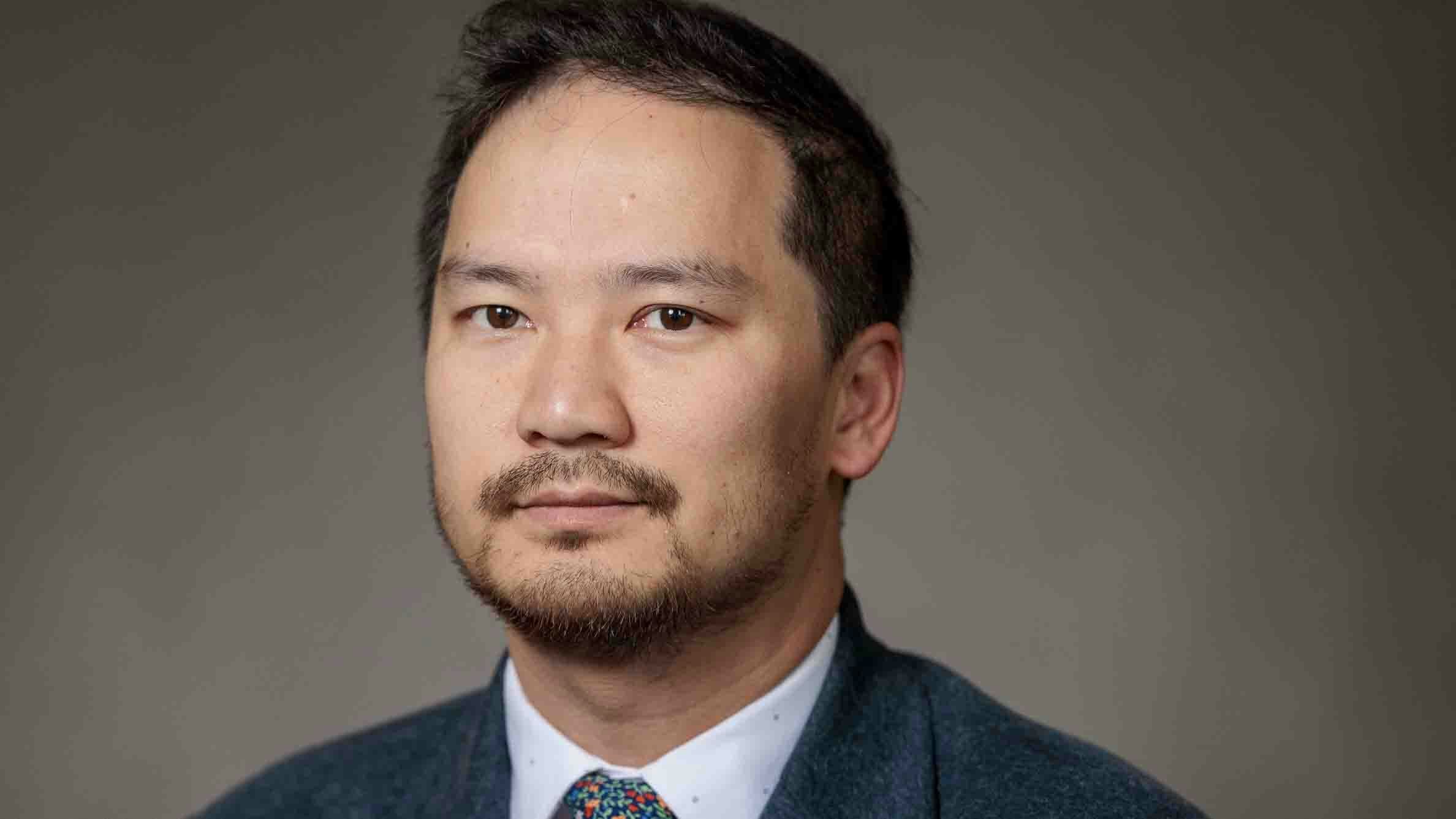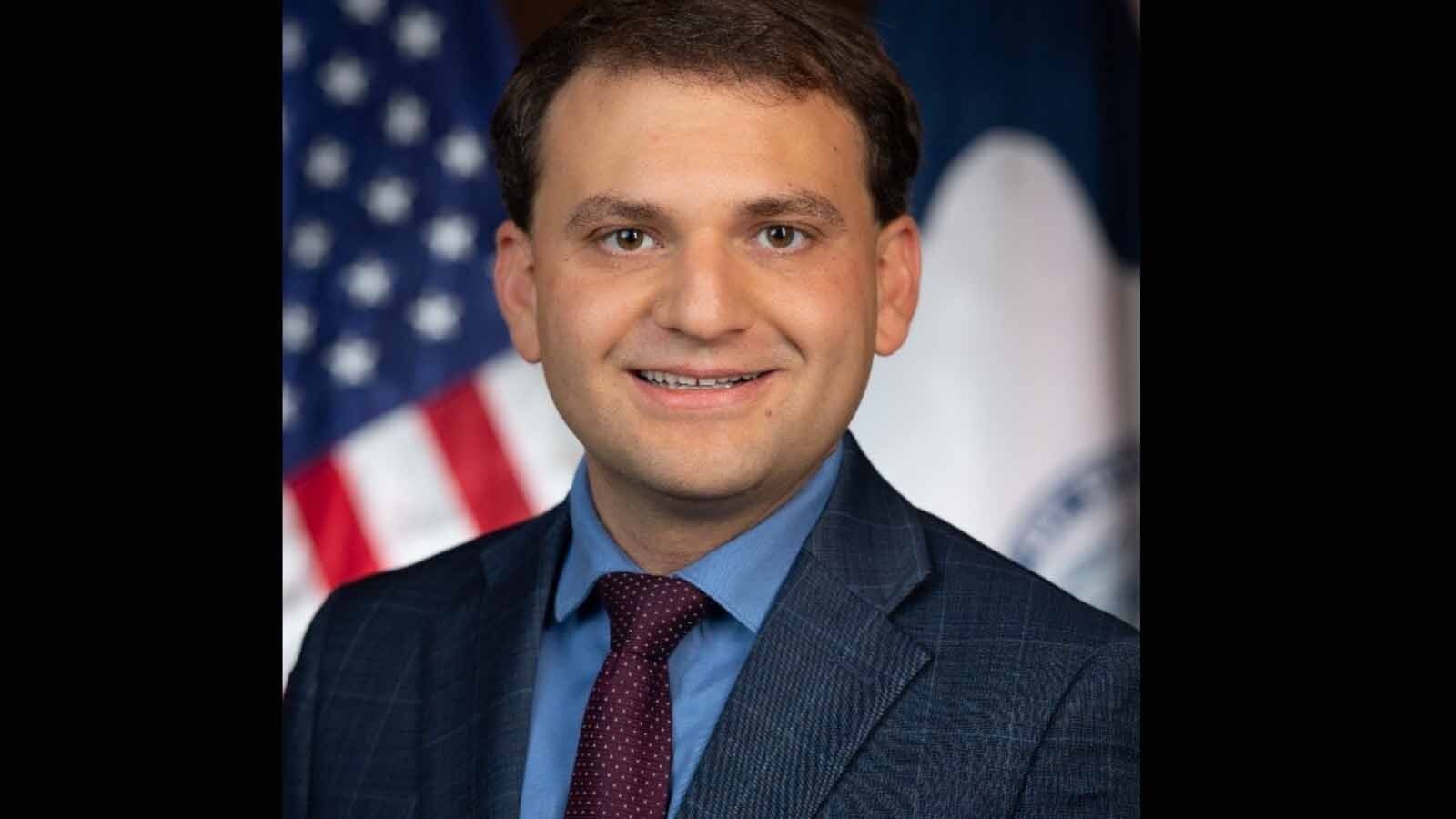To: Senate Minerals, Business & Economic Development Committee
From: Marti Halverson
Re: Senate Joint Resolution 2, Convention of States-2
Gentlemen –
I strongly OPPOSE this Resolution and urge your NAY vote.
My testimony against Senate Joint Resolution 2, calling for a Convention of States, comes from the perspective that our current Constitution is pretty darn near perfect. I don’t think it needs amending.
The three calls:
1. “. . . impose fiscal restraints on the federal government . . .” This is an admirable goal, but it is beyond naïve to think an amendment to the Constitution is going to restrain any administration with a currency printing press at its disposal. The Office of Management and Budget, House and Senate Budget Committees, House and Senate Ways and Means Committees, and other actors involved in this country’s fiscal and budget policies, are capable of such smoke and mirrors that any “restraint” imposed by the Constitution will become just another minor hurdle to work around. A recent example is President Obama’s claiming the PPACA (“Obamacare”) was “paid for” – while hiding $750 million stolen from Medicare to pay for it. Crafty government officials and congressional staffers can spin a budget to fit any restraint a convention fantasizes it can impose. And – do not doubt this – any new attempt to fiscally restrain Washington, D.C. will be the excuse any administration needs to impose massive tax increases.
2. “. . . limit the power and jurisdiction of the federal government . . .” The power of the federal government is already limited by Article 1, Section 8 of the original Constitution, plus the Ninth Amendment and the Tenth Amendment. I can’t imagine what amendment could be brought that is more explicit, or include more limitations than those. As the federal government has, for 200 years since Congress first proposed an unconstitutional Transportation Department, felt unlimited in its power and jurisdiction, aided and abetted by a complicit judiciary that finds the rights to “privacy” and “dignity” in our Constitution, no amendment could possibly overcome congressional compulsions to act for the “general welfare” – even though that is only in Preamble, not the Constitution itself. (And, make no mistake – there is vigorous debate that the clauses of the Preamble are NOT part of the Constitution.) Finally, for those who think, however mistakenly, that the Supreme Court of the United States is the ultimate authority, remember that its Chevron deference gave all the power to the unelected agencies to interpret the laws as they see fit. The states and we citizens of those states don’t have a chance of limiting the power and jurisdiction of the federal government as long as that ruling stands.
3. “. . . limit the terms of office for its officials and for members of Congress.” This is an especially egregious call, in my opinion. Our US senators and representatives are the only members of the federal government that come home to face the voters. I stipulate that many of them are part of the numerous problems that have plagued our relationship with the federal government, but they are only one cause of the very serious congressional and governmental dysfunctions. The others are:
• the REAL “permanent political class” that are long-serving, partisan, unelected bureaucrats at every level who cannot be fired;
• long-serving, powerful, partisan unelected congressional and congressional committee staffers;
• long-serving, unelected, powerful highly paid special interest-lobbyists who write the bills for the long-serving, unelected, partisan congressional committee staffers;
•rotating, highly paid academic and crony-capitalist contractor consultants;
• wealthy, partisan, issue-oriented foundations that work with and influence the administrative, rule-writing, unaccountable bureaucracy, today commonly referred to as the “fourth branch of government,” a branch that is neither Constitutional nor democratic.
What amendment, or amendments could a convention possibly bring to fix all this?
“Officials” who are political appointees are already serving at the pleasure of an incumbent President. As a matter of fact, they are the only government officials that are “term limited.”
Most of the employees of the federal government are protected by the 1883 Civil Service Act, enacted in the Progressive Era, and strengthened regularly since, and their unions. Witness the efforts of two Presidents and the many years it took to finally fire the director of the Veterans Administration.
Our country’s earliest document, The Articles of Confederation included term limits, known at the time as “rotation” but were omitted in the 1789 Constitution in favor of frequent elections. Those who stood against term limits in 1789 argued that regular elections by the people could be a better check on corruption than constitutional limits, and that such restrictions would create their own problems.
On the other hand, long-serving representatives and senators use their tenure to more effectively advocate for constituents who need to deal with the deep-state bureaucracy, recently called “the federal colossus,” of the Social Security Administration, Medicare or Veterans Affairs, just to name three, than new congressmen who arrive in Washington, D.C. with expiration dates stamped on their foreheads.
Please know that the average tenure of a US Congressman is 6.5 years. The group US Term Limits lost in the United States Supreme Court, in a unanimous decision (US Term Limits v. Thornton). A Constitutional amendment is their final recourse.
Exactly WHO is driving Term Limits? And, exactly, WHY? Exactly WHO is so invested in limiting the terms of the only people that have to “go home” to face the voters, and to assess, first hand, the impact of their decisions, that so much money and effort has been poured into this terrible idea? Term limits may add “rotation” to the legislative branch, but it will only cede additional power to a permanent, fourth branch of government – bureaucratic staffers who do not stand for election.
In summary:
It is naïve to expect any amendment to the Constitution to impose fiscal restraints on a body whose livelihood depends on unrestrained financial largess; “ways will be found” to circumvent any restraints imposed by an amendment.
Many states, including Wyoming, are now developing mechanisms by which the power and jurisdiction of the federal government may be limited. One mechanism is Thomas Jefferson’s “rightful remedy” – nullification.
One only needs to look at California to see Exhibit A of the utter failure of term limits and its consequences. Term limits is the ultimate dream of the unelected bureaucracy. Without those pesky electeds to deal with, that “fourth branch” of powerful, rule-making, regulation-imposing, can’t-be-fired, actual powers-that-be will be unfettered in their tyranny.
Please vote NO on SJ2, calling for a convention of states.





